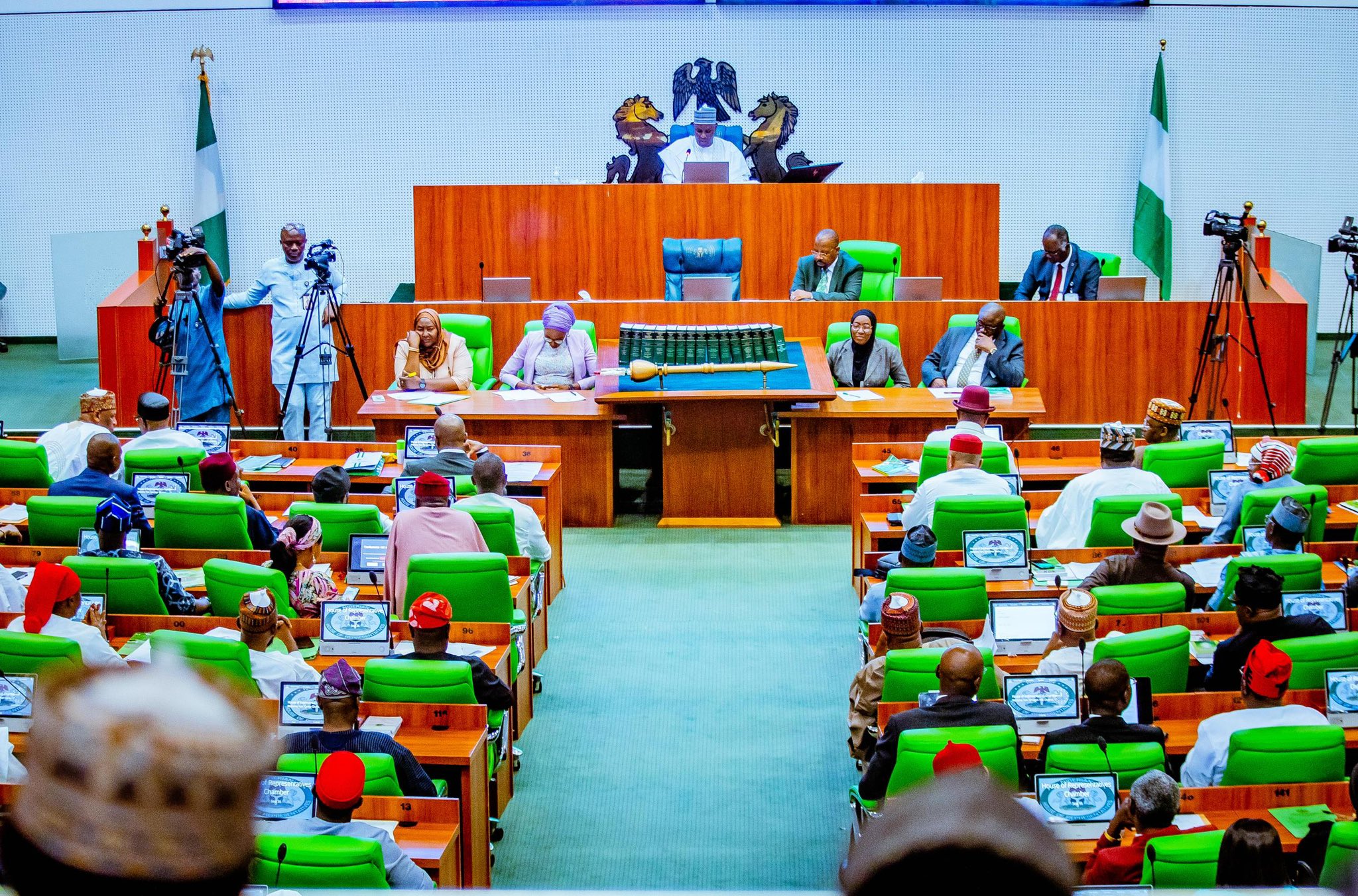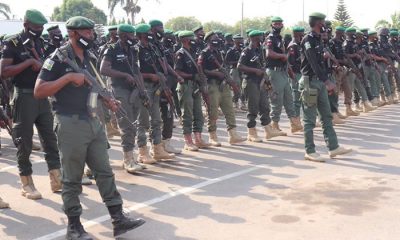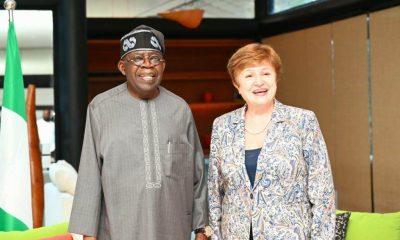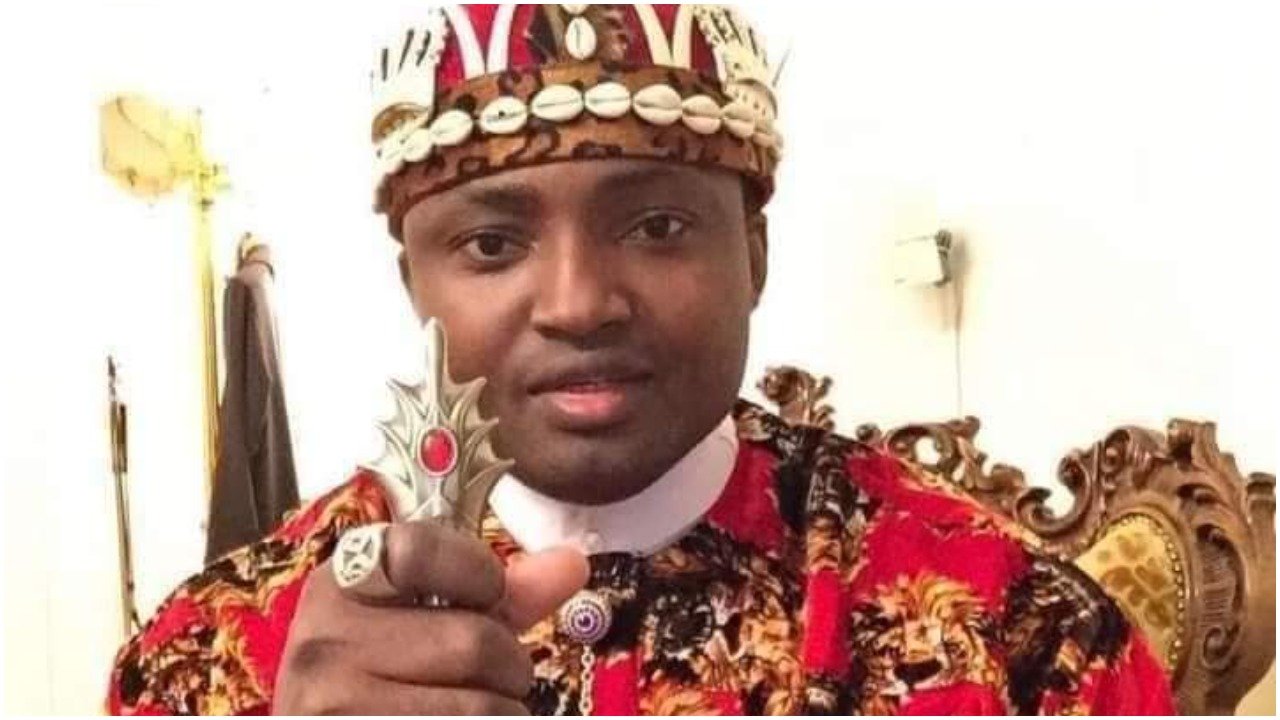News
Full Transition Of Nigeria’s Minimum Wage From 1981 To Date
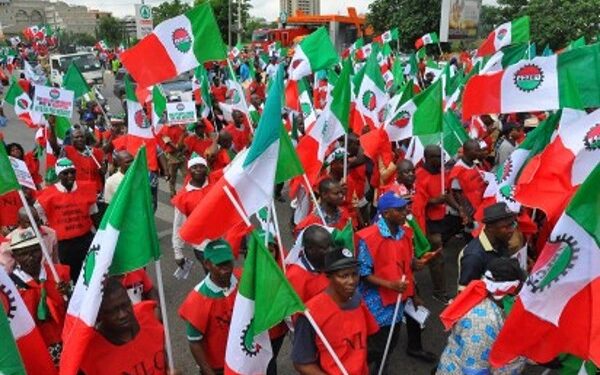
Nigerian labour unions demand an increase in the national minimum wage to ₦250,000 due to inflation and economic instability, but state governors reject this, citing affordability issues.
EKO HOT BLOG reports the Minimum wage policies are essential for ensuring a basic standard of living for workers.
In Nigeria, the national minimum wage has been a subject of significant debate and frequent adjustments over the years, reflecting economic conditions, inflation, and the cost of living.
Currently, there are ongoing discussions and pressures from labor unions for a further increase in the minimum wage.
EDITOR’S PICK
- Minimum Wage: Labour Warns Governors Against Harmful Advice, Await President’s Decision
- ₦14.77 Billion Spent On Presidential Air Fleet Maintenance In 11 Months
- Lagos: Police Inspector Killed In Confrontation With Suspected Naval Officers
These unions cite the continued devaluation of the naira and a substantial rise in the cost of living due to inflation and economic instability, exacerbated by global economic pressures and the COVID-19 pandemic.
Labor unions argue that the current minimum wage is insufficient to meet the basic needs of Nigerian workers. The Nigeria Labour Congress (NLC) and the Trade Union Congress (TUC) have insisted that the Federal and State Governments must raise the minimum wage to ₦250,000 for workers in the country.
However, state governors have rejected this demand, pointing out that state governments cannot afford the proposed amount. This ongoing debate highlights the challenges in balancing fair wages with economic realities in Nigeria.
Here’s a detailed look at the history of minimum wage increments in Nigeria, including dates and amounts:
1. 1981 – ₦125 per month
The first official minimum wage in Nigeria was established in 1981, under President Shehu Shagari. The economy was relatively stable, and this wage was deemed acceptable for the living standards of the time.
2. 1991 – ₦250 per month
A decade later, the minimum wage was revised to ₦250 per month during the military regime of General Ibrahim Babangida. This increment was part of broader economic reforms aimed at addressing inflation and other economic challenges.
3. 1998 – ₦3,000 per month
Under General Abdulsalami Abubakar, the minimum wage saw a significant jump to ₦3,000 per month. This increase was in response to the devaluation of the naira and the general increase in the cost of living over the previous years.
4. 2000 – ₦5,500 per month
In the democratic era, under President Olusegun Obasanjo, the minimum wage was increased to ₦5,500 per month in 2000. This was part of a series of policies aimed at improving the welfare of Nigerian workers following decades of military rule.

Minimum Wage 1981 To Date
5. 2004 – ₦7,500 per month
Continuing the trend of gradual increases, the minimum wage was raised to ₦7,500 per month in 2004. This increment was still under President Obasanjo’s administration and followed extensive negotiations with labour unions.
6. 2011 – ₦18,000 per month
After a long period of negotiations and strikes by various labour unions, the minimum wage was increased to ₦18,000 per month in 2011 under President Goodluck Jonathan. This significant increase was a response to the global economic situation and the rise in domestic inflation.
7. 2019 – ₦30,000 per month
The most recent adjustment came under President Muhammadu Buhari, who signed a new minimum wage bill into law in April 2019, setting the minimum wage at ₦30,000 per month. This came after several months of negotiations and was seen as a move to appease workers amidst growing inflation and dissatisfaction with economic policies.
FURTHER READING
- Senior Students Allegedly Punish Junior To Death At Kaduna Airforce School
- Shoppers Blame Market Women For Soaring Food Prices At Mojoda Epe Market
- Why I Visited Buhari – Atiku (Photos)
The evolution of the minimum wage in Nigeria reflects the country’s economic challenges and the government’s attempts to balance fiscal capabilities with the need to ensure a livable income for its workers.
Click below to watch our video of the week:
Advertise or Publish a Story on EkoHot Blog:
Kindly contact us at [email protected]. Breaking stories should be sent to the above email and substantiated with pictorial evidence.
Citizen journalists will receive a token as data incentive.
Call or Whatsapp: 0803 561 7233, 0703 414 5611


